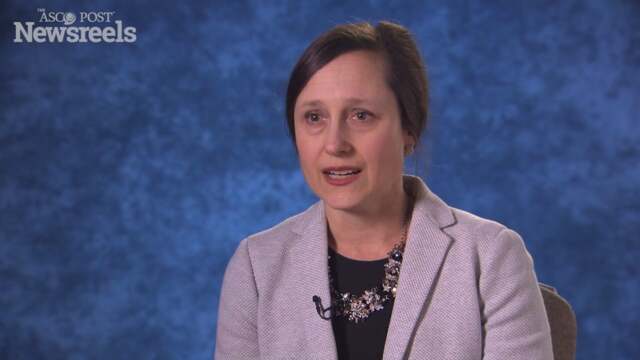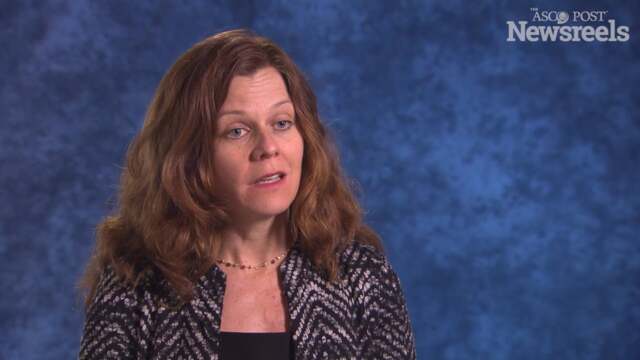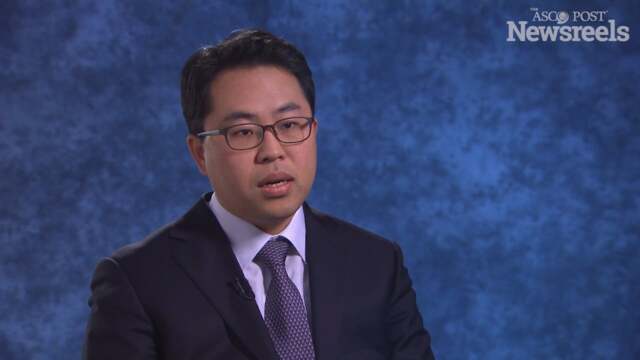Lauren P. Wallner, PhD, MPH, on Breast Cancer Survivorship Care: Patient Preferences
2017 Cancer Survivorship Symposium
Lauren P. Wallner, PhD, MPH, of the University of Michigan, discusses her findings on the type of providers women prefer when it comes to handling survivorship care after breast cancer treatment and the need to clarify and discuss provider roles with patients (Abstract 99).
Angela R. Bradbury, MD, of the University of Pennsylvania, discusses genetic testing, tumor profiling, and the identification of those at increased risk for second cancers.
Arti Hurria, MD, of City of Hope, discusses the assessment of older patients with cancer.
Shawna V. Hudson, PhD, of Rutgers University, discusses a survivorship program designed to improve the quality of life for Hispanic and Latino breast cancer survivors (Abstract 183).
Ann H. Partridge, MD, MPH, of the Dana-Farber Cancer Institute, summarizes a session she co-chaired on the unique issues affecting adolescent and young adult patients, including their psychosocial needs and concerns that clinicians may overlook.
Dong Wook Shin, MD, DrPH, MBA, of Seoul National University Cancer Hospital, discusses the risk of coronary heart disease and ischemic stroke in patients with thyroid cancer taking levothyroxine (Abstract 105).





